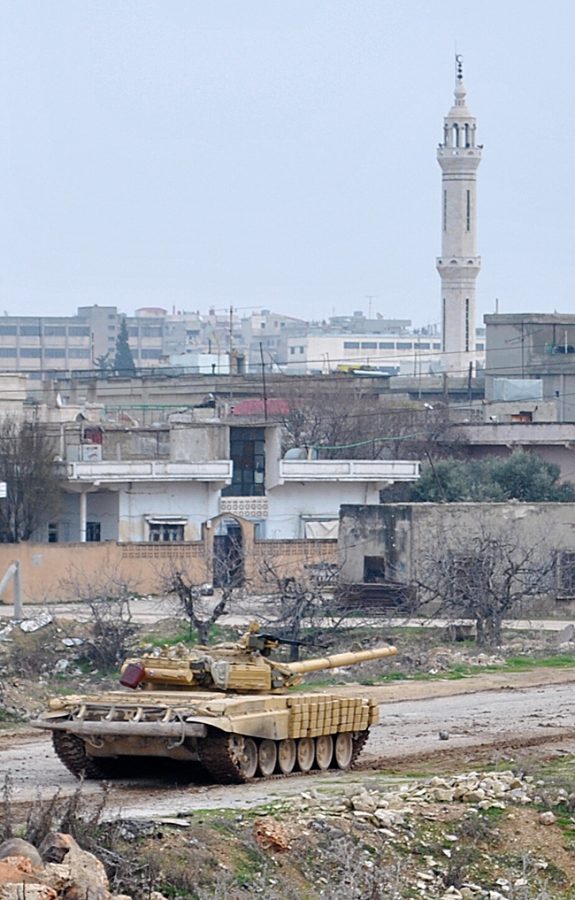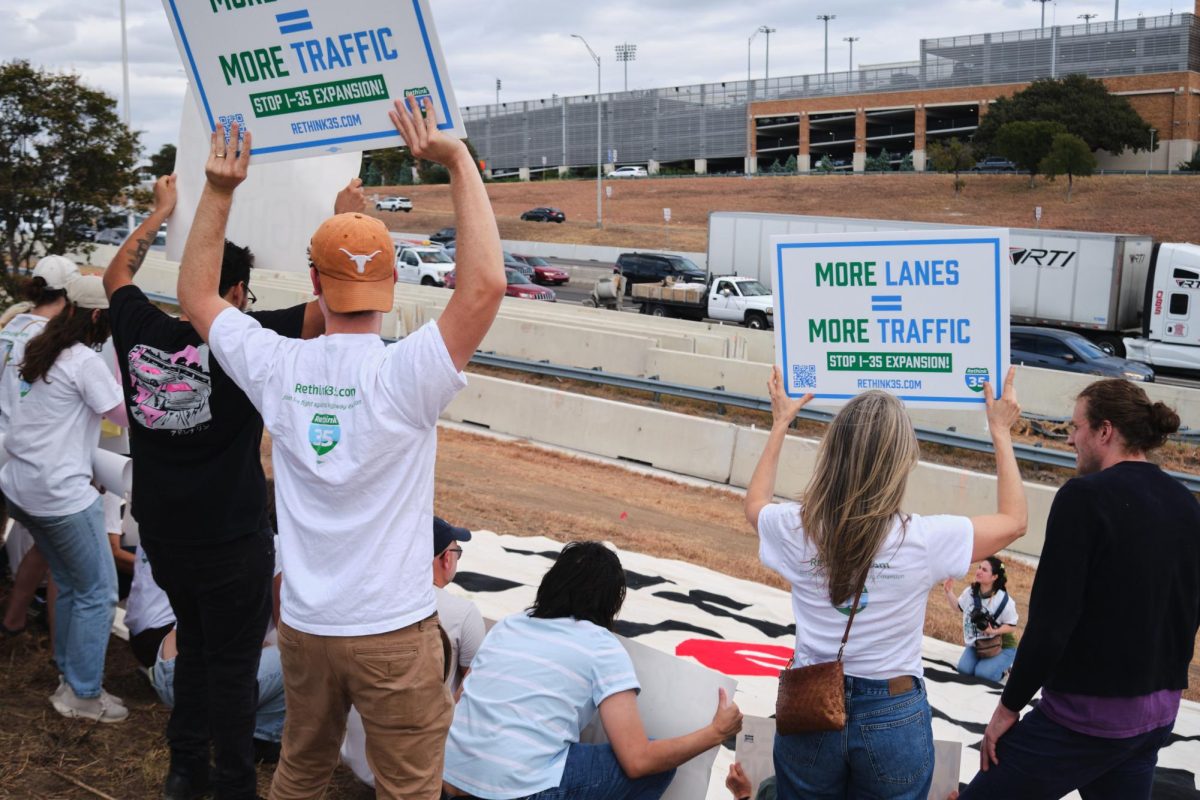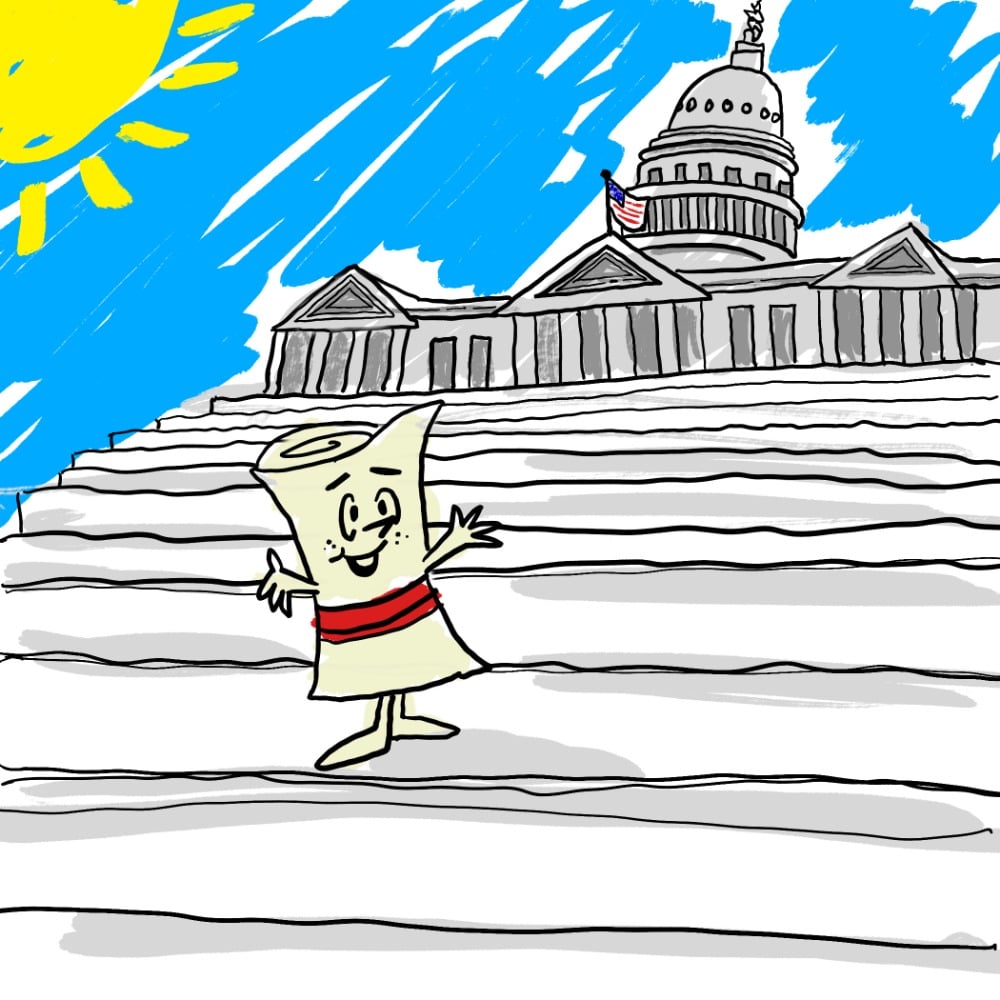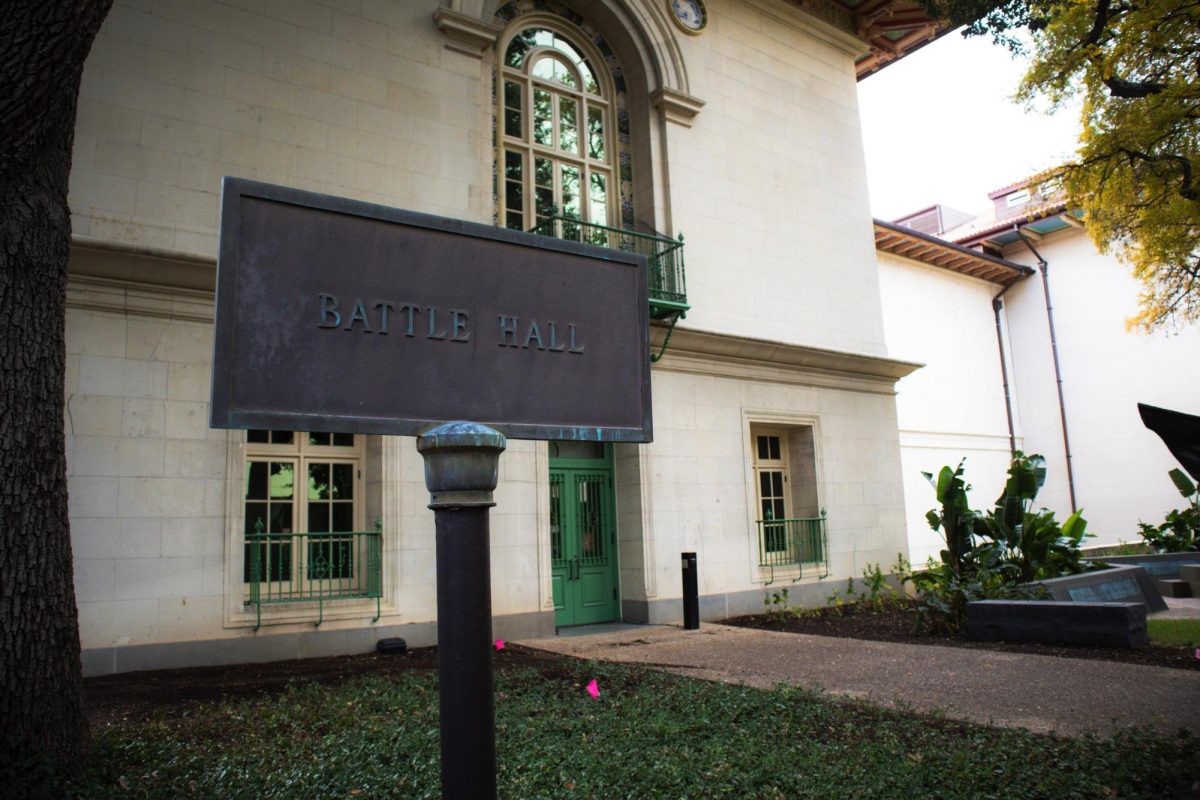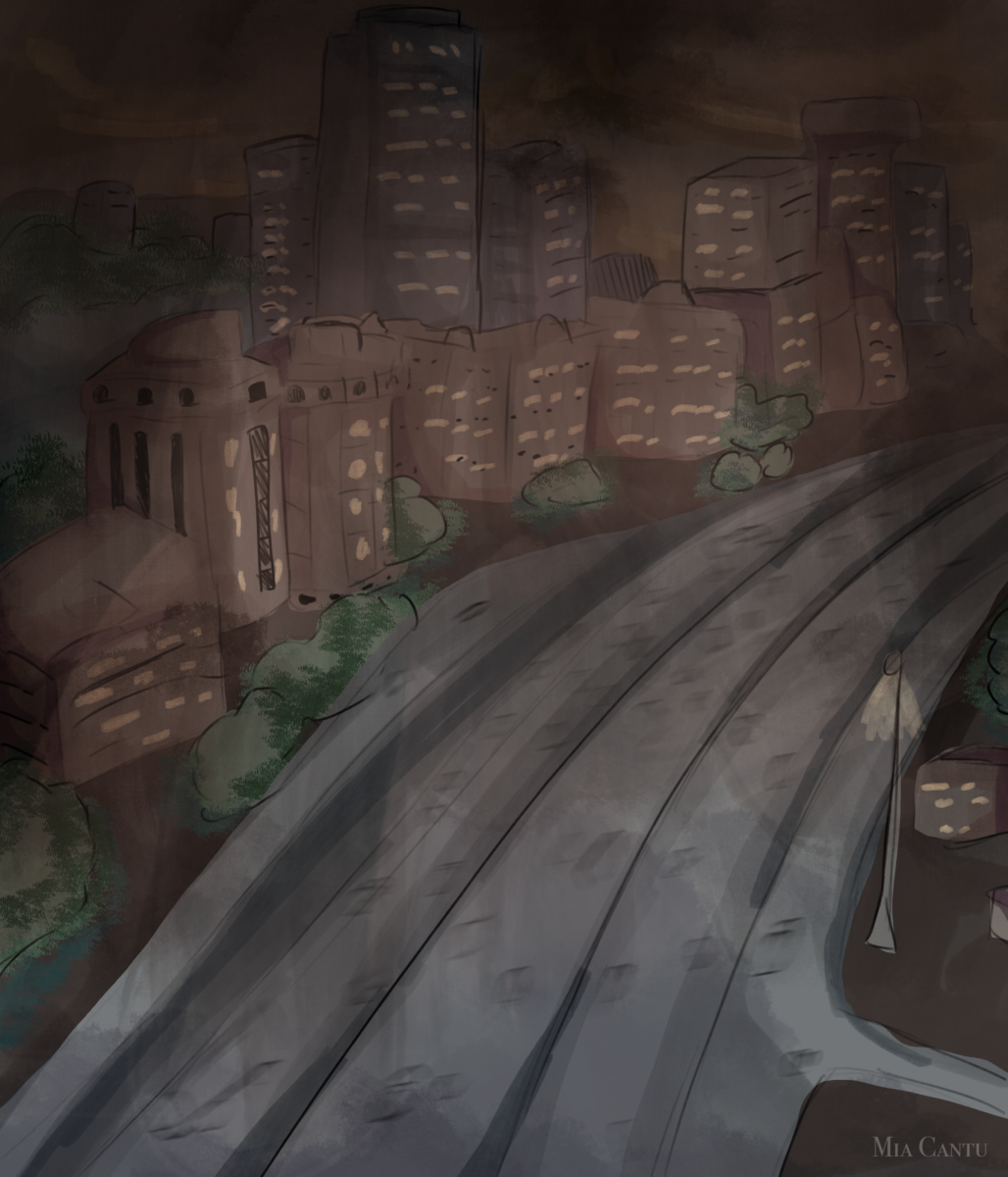BEIRUT — The United States proposed an international coalition to support Syria’s opposition Sunday after Russia and China blocked a U.N. attempt to end nearly 11 months of bloodshed, raising fears that violence will escalate. Rebel soldiers said force was now the only way to oust President Bashar Assad, while the regime vowed to press its military crackdown.
The threat of both sides turning to greater force after Russia and China vetoed a U.N. Security Council resolution raises the potential for Syria’s turmoil to move into a more dangerous phase.
The uprising inspired by other Arab Spring revolts began in March with peaceful protests against Assad’s regime, sparking a fierce crackdown by government forces. Soldiers who defected to join the uprising later began to protect protesters from attacks. In recent months, the rebel soldiers, known as the Free Syrian Army, have grown bolder, attacking regime troops and trying to establish control in pro-opposition areas. That has brought a heavier government response.
More than 5,400 people have been killed since March, according to the U.N., and now regime opponents fear that Assad will be emboldened by the feeling he is protected by his top ally Moscow and unleash even greater violence to crush protesters.
U.S. Secretary of State Hillary Rodham Clinton warned that chances for “a brutal civil war” would increase as Syrians under attack from their government move to defend themselves, unless international steps provide another way.
“Faced with a neutered Security Council, we have to redouble our efforts outside of the United Nations,” she said, calling for “friends of democratic Syria” to unite “support the Syrian people’s right to have a better future.”
The call points to the formation of a formal group of like-minded nations to coordinate assistance to the Syrian opposition, similar but not identical to the Contact Group on Libya, which oversaw international help for opponents of the late deposed Libyan leader Moammar Gadhafi.
U.S. officials said an alliance would work to further squeeze the Assad regime by stepping up sanctions against it, bringing disparate Syrian opposition groups inside and outside the country together, providing humanitarian relief for embattled Syrian communities and working to prevent an escalation of violence by monitoring arms sales.
The main Syrian opposition umbrella group, the Syrian National Council, backed the idea.
Radwan Ziadeh, a prominent figure in the SNC, wrote on his Facebook page that friendly countries should form an “international coalition … whose aim will be to lead international moves to support the revolution through political and economic aid.”

